

New 657-bhp Bentley Supersports becomes first-ever RWD Continental
Nov 18, 2025
...searching



Nov 18, 2025
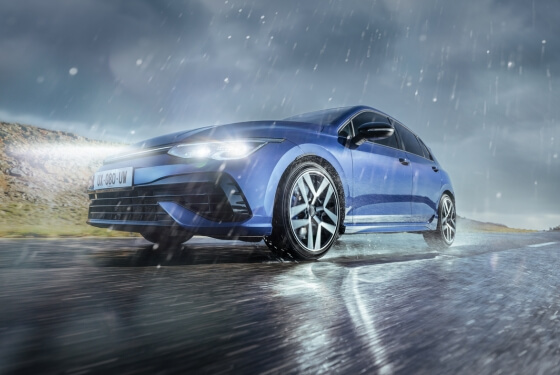
Oct 27, 2025
Enter your registration and postcode and we’ll show you the best tyres for your car
High performance tyres are designed for drivers who want to push the limits of their vehicle's capabilities. Developed to deliver enhanced traction, grip, and speed performance, these tyres provide a smoother and more responsive experience. High performance tyres often have a lower profile and wider tread than standard tyres, which allows for better stability and handling at high speeds. They also use specialised compounds and construction techniques to provide better traction and grip on the road.
Blackcircles.com stocks a wide range of high performance tyres
Find the right tyre for your hot hatch by adding your registration above.
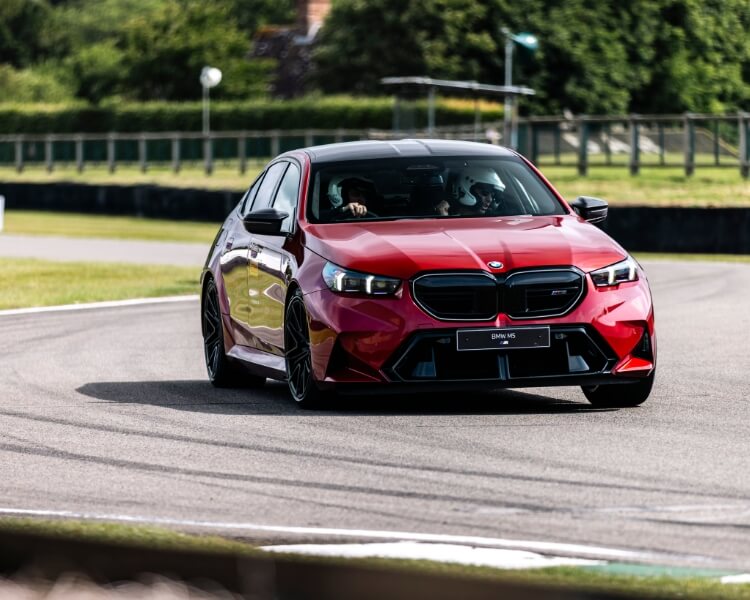

July 30, 2024



Continental SportContact 7 delivers a safe and confident driving in both wet and dry conditions.

Hankook have created the Ventus S1 Evo 3 K127 to deliver exceptional handling in summer conditions.

Giving you sports performance designed to last

Nov 27, 2025

Nov 26, 2025

Nov 21, 2025
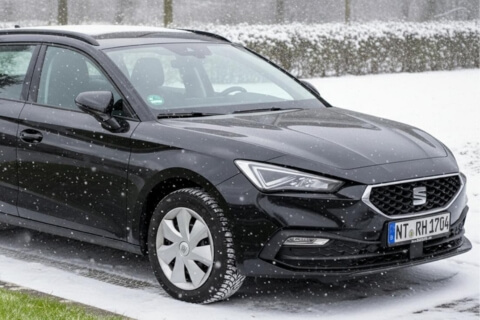
Oct 21, 2025

Nov 06, 2025

Nov 04, 2025
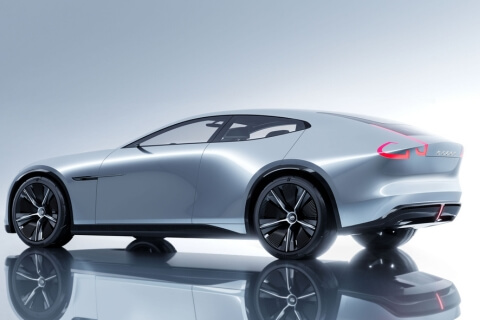
Oct 30, 2025
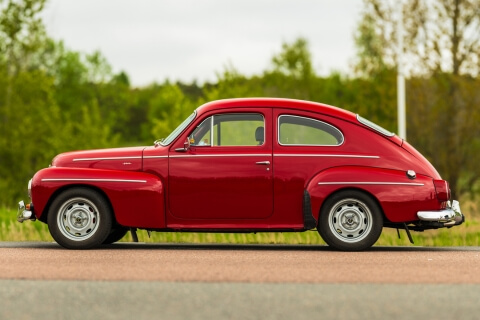
Oct 28, 2025

Oct 10, 2025

Oct 10, 2025

Oct 17, 2025
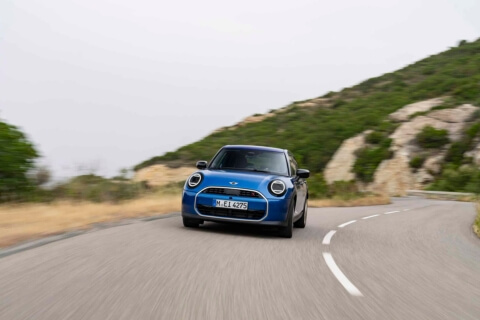
Sept 24, 2025

Sept 26, 2025
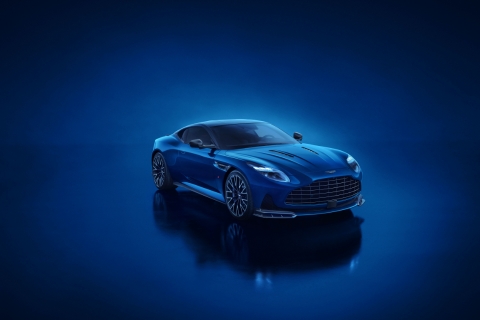
Oct 09, 2025
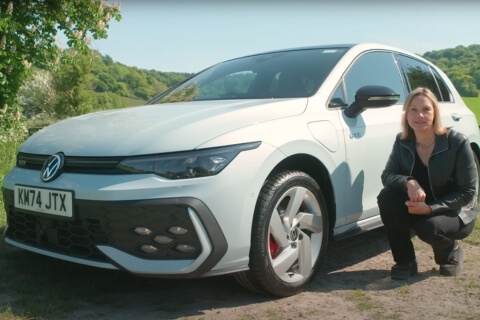
Oct 08, 2025
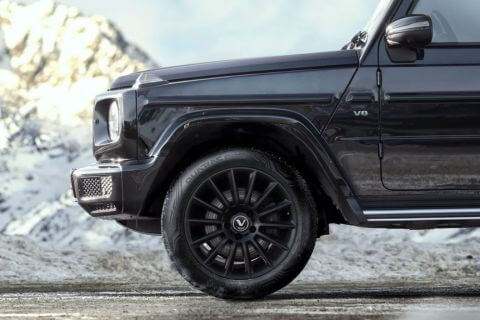
Sept 19, 2025

Sept 24, 2025

Sept 18, 2025

Sept 10, 2025

Aug 29, 2025

Sept 18, 2025

Aug 29, 2025
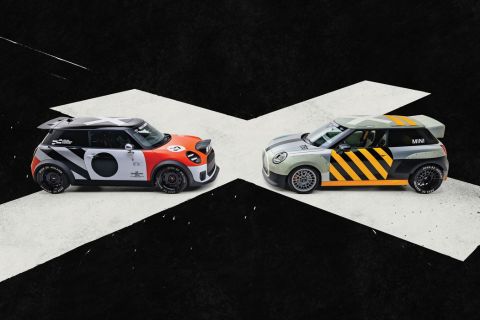
Sept 09, 2025
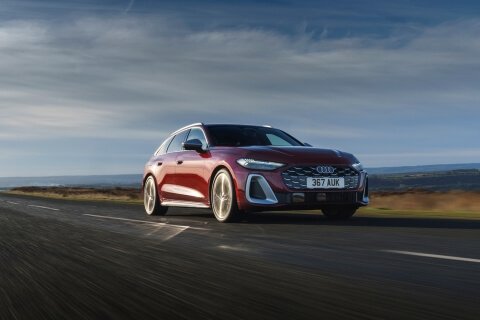
Aug 06, 2025

Aug 01, 2025
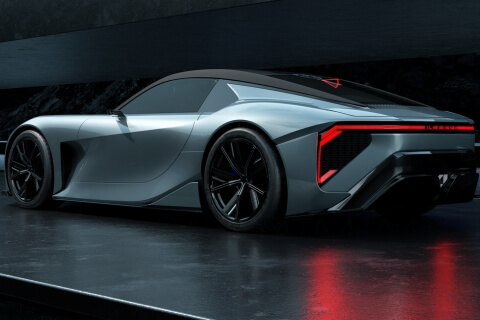
Aug 19, 2025
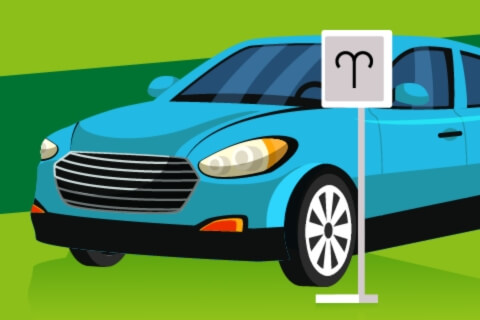
Aug 18, 2025


Aug 11, 2025

July 08, 2025

July 08, 2025
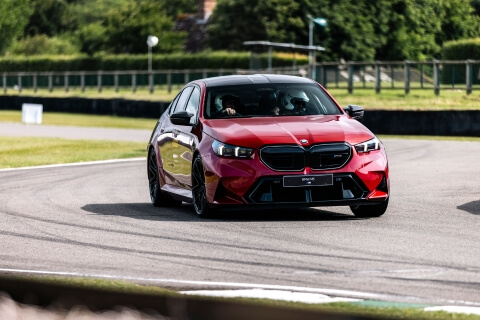

July 30, 2025

July 25, 2025

July 18, 2025

July 16, 2025

July 15, 2025
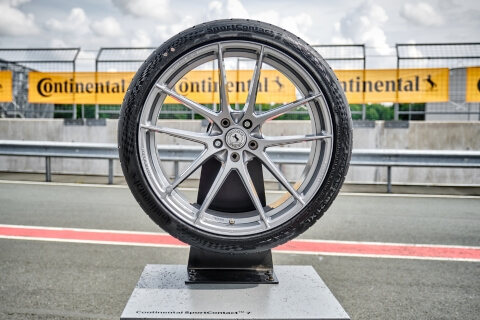
July 07, 2025

July 08, 2025


June 20, 2025

June 06, 2025

July 02, 2025
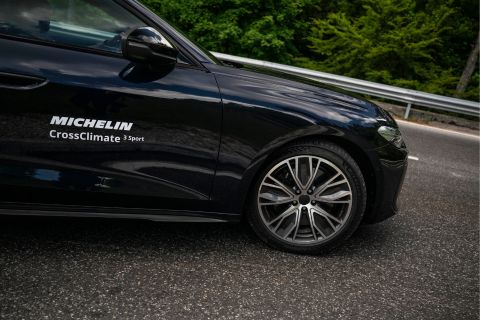
May 23, 2025
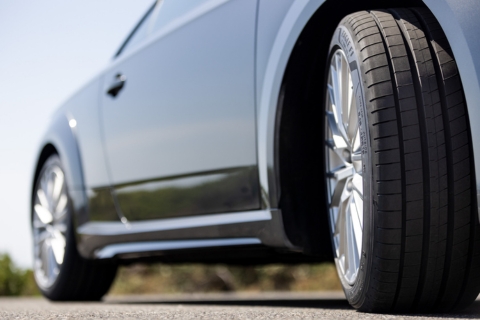
May 09, 2025

May 14, 2025

May 21, 2025

May 02, 2025

May 05, 2025

Apr 21, 2025

Apr 18, 2025

Apr 22, 2025

Apr 10, 2025

Apr 04, 2025

Apr 15, 2025

Mar 27, 2025

Mar 17, 2025

Mar 17, 2025

Feb 28, 2025

Feb 27, 2025

Jan 29, 2025

Jan 20, 2025

Feb 13, 2025

Feb 05, 2025

Jan 31, 2025

Dec 20, 2024

Jan 28, 2025

Dec 20, 2024

Dec 17, 2024

Jan 13, 2025

Jan 09, 2025

Jan 08, 2025

Dec 09, 2024

Dec 20, 2024

Dec 18, 2024

Nov 26, 2024

Dec 03, 2024

Nov 26, 2024

Nov 14, 2024

Nov 22, 2024

Nov 19, 2024

Oct 21, 2024

Oct 31, 2024

Oct 30, 2024

Oct 25, 2024

Oct 11, 2024

Sept 23, 2024

Sept 23, 2024

Sept 31, 2024

Aug 28, 2024

Aug 23, 2024

Sept 12, 2024

Sept 05, 2024

Aug 22, 2024

July 31, 2024

July 19, 2024

Aug 23, 2024

Aug 21, 2024

June 25, 2024

July 30, 2024

July 24, 2024

June 28, 2024

June 12, 2024

June 11, 2024

June 07, 2024

June 05, 2024
Subscribe to our newsletter for the latest EV, Performance, SUV & 4x4 content
Sign upHigh performance tyres are designed to provide a motorist with enhanced handling, traction, and overall performance. They have been developed for fitment on hot hatches and high performance cars. You will often find that a high performance tyre features wider treads grooves, stiffer sidewalls, and other features that have developed to improve cornering, braking, and acceleration.
If you are a driver with a performance mindset, someone who values unmatched performance at speed then high performance tyres can be worth the investment. However, they may not be necessary or practical for everyday driving. One thing to note is that they generally come with a higher price tag than standard car tyres.
High performance tyres tend to have softer rubber compounds – to increase the level of traction they provide when cornering. This can lead to the tyres wearing out faster than standard tyres. However, the exact rate of wear can vary depending on driving conditions and the levels of tyre maintenance carried out by the vehicle owner.
Generally, yes. Performance tyres can make a significant difference to the handling, grip levels and overall driving experience of a vehicle – in particular when driving at higher speeds. They can provide better cornering, shorter braking distances, as well as a smoother and faster level of acceleration.
High performance tyres can sometimes be noisier than standard tyres, especially at higher speeds. However, many modern high performance tyres are designed to reduce noise and provide a quieter ride.
Most tyre manufacturers produce high performance tyres, including Michelin, Bridgestone, Continental, and many others.
A tyre can be considered high performance if it's designed to excel the overall performance of a car. With particular attention being spent on how they improve the grip and responsiveness of a tyre. This is often achieved through features such as wide tread patterns, softer compounds, and reinforced sidewall shoulders.
The best part of performance tyres includes the increased levels of performance provided to the driver when it comes to car handling, and stability at high speeds. On the downside, these types of tyres generally come at a higher cost, tend to wear faster wear, and sometimes can be noisier than more standard tyres.
Ultra-high performance tyres (UHP) are a subcategory of high performance tyres. They are made with advanced materials and tread patterns for better heat dissipation and improved durability. Additionally, UHP tyres are known for their low profile sidewall design - which helps to improve the responsiveness of the tyre, as well as give it a sportier look.
The lifespan of an UHP tyre can vary. On average, they may last somewhere between 20,000 to 40,000 miles before new tyres are required. However, given the nature of the tyres factors such as aggressive driving, frequent high-speeds, and road conditions can cause them to wear faster.